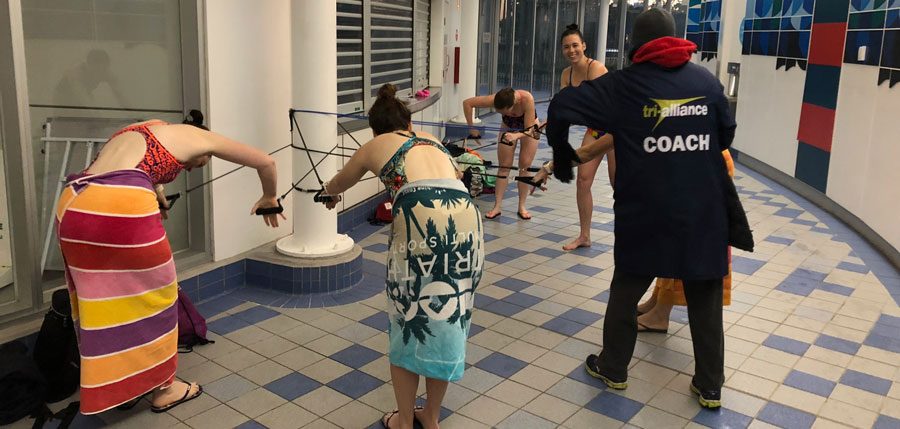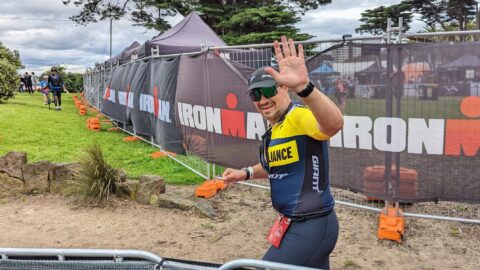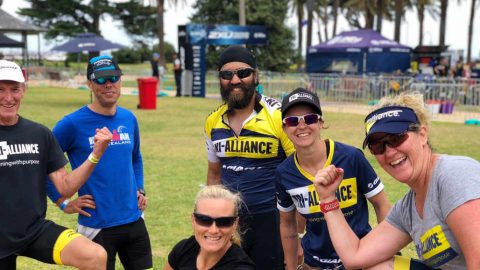As the off-season rolls around, it’s tempting for triathletes to hang up their gear and take a well-deserved break. However, this period presents a valuable opportunity to focus on aspects of training that may not receive as much attention during the competitive season. One such aspect is functional strength training, which can play a crucial role in improving performance and preventing injuries. Let’s delve into why incorporating functional strength training into your off-season regimen can make all the difference.
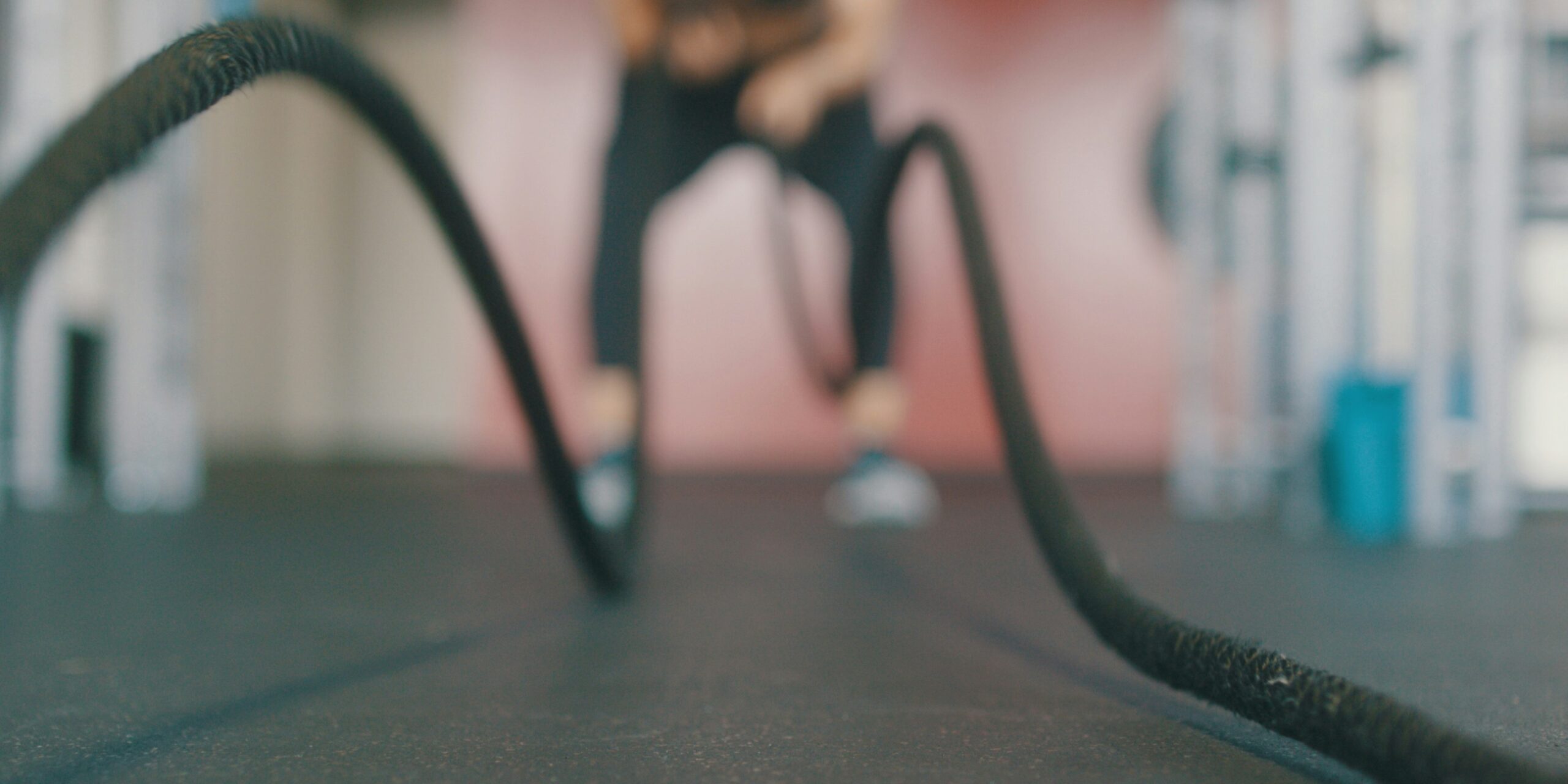
First and foremost, functional strength training targets the specific muscle groups and movement patterns that are essential for success in triathlon events. Unlike traditional weightlifting, which often isolates individual muscles, functional strength exercises mimic the movements and demands of the sport itself. By replicating the actions of swimming, cycling, and running, athletes can build strength and stability that directly translates to improved performance on race day.
One of the key benefits of functional strength training is its ability to enhance overall athleticism. Triathlon is a multidimensional sport that requires not only endurance but also agility, balance, and coordination. Functional exercises such as lunges, squats, and planks engage multiple muscle groups simultaneously, helping athletes develop a more well-rounded athletic foundation. This, in turn, can lead to better efficiency and power output across all three disciplines of the triathlon.
Moreover, functional strength training plays a vital role in injury prevention. Triathletes are no strangers to overuse injuries, which can sideline even the most dedicated competitors. By strengthening the muscles that support and stabilize the joints, athletes can reduce their risk of common injuries such as IT band syndrome, plantar fasciitis, and swimmer’s shoulder. Additionally, improving muscular balance and addressing weaknesses can help correct imbalances that may contribute to injury over time.
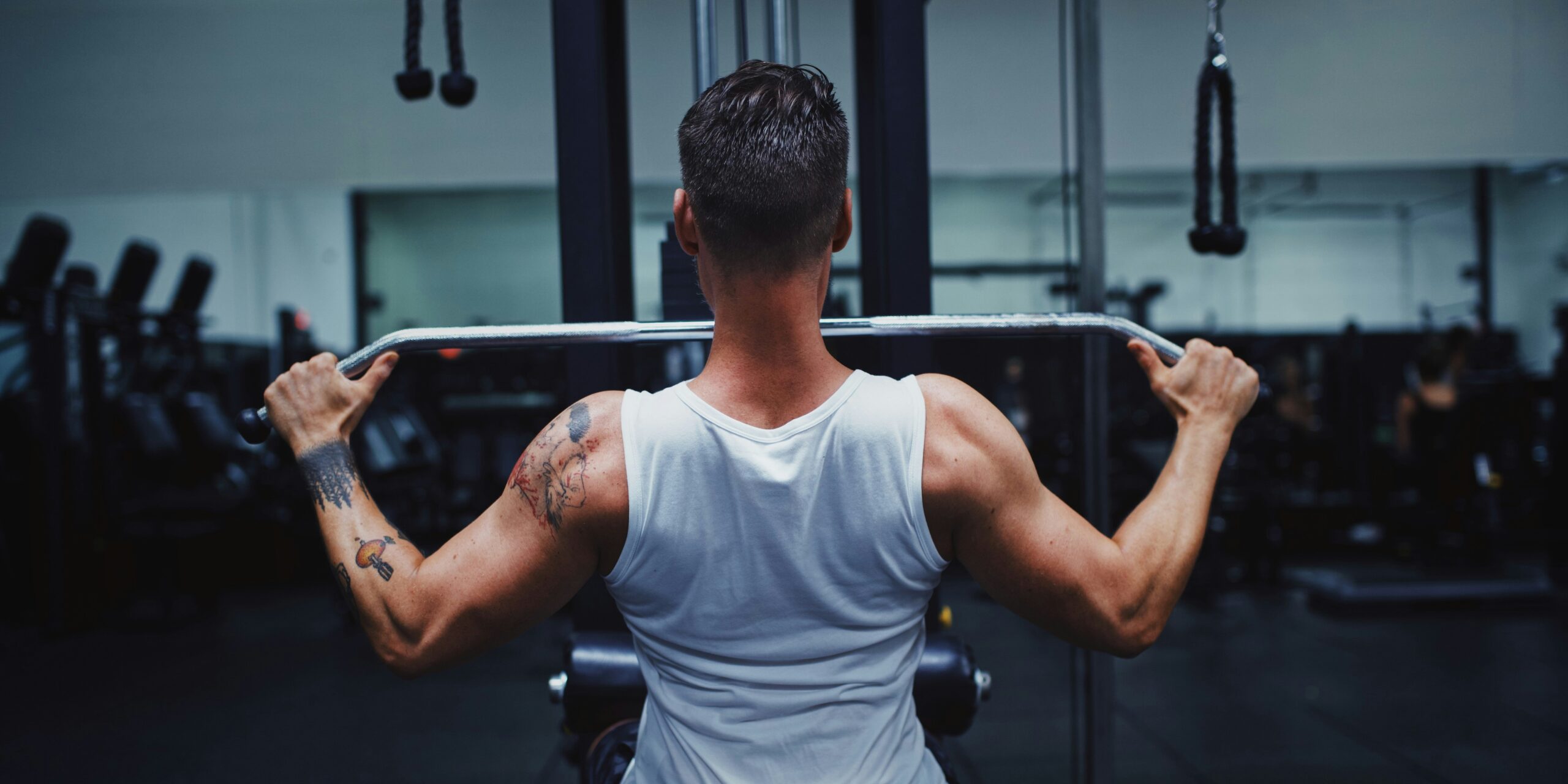
Key Benefits of Functional Strength Training:
- Boost performance: Enhance speed, endurance, and power output across all disciplines.
- Prevent injuries: Strengthen key muscle groups to reduce the risk of common triathlon-related injuries.
- Improve athleticism: Enhance agility, balance, and coordination for a more well-rounded athletic foundation.
- Stay motivated: Break the monotony of off-season training with new challenges and goals.
- Reignite enthusiasm: Refresh your mental game and prevent burnout by diversifying your workout routine.
- Dominate race day: Lay the groundwork for success in the upcoming season by investing in your strength and stability now.
In conclusion, functional strength training is a valuable component of any triathlete’s off-season program. By targeting sport-specific movements, improving overall athleticism, preventing injuries, and providing mental refreshment, it can help athletes lay a solid foundation for success in the upcoming race season. So, as you hang up your wetsuit and racing flats for a well-deserved break, don’t forget to hit the gym/bands and unleash your potential through functional strength training. Your future self will thank you for it come race day.


